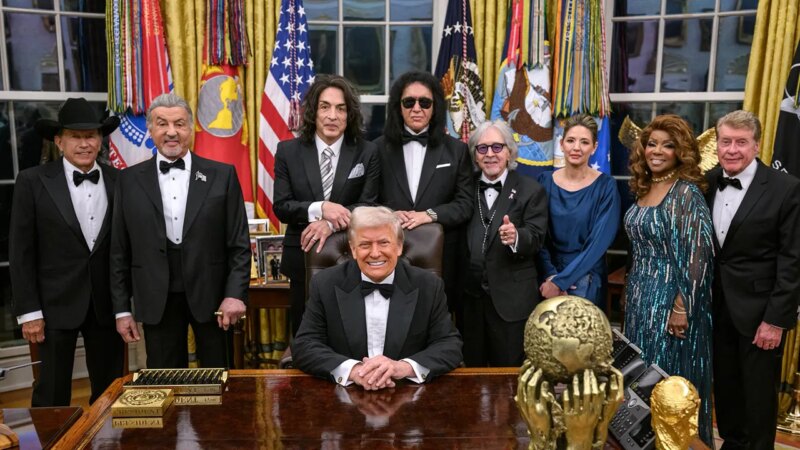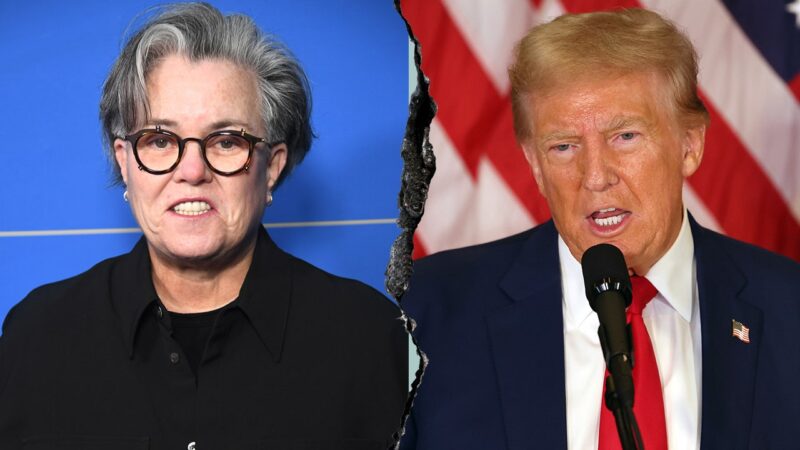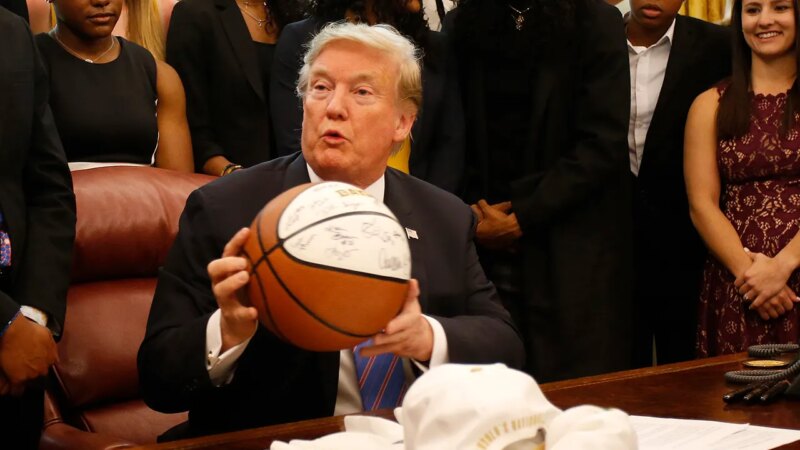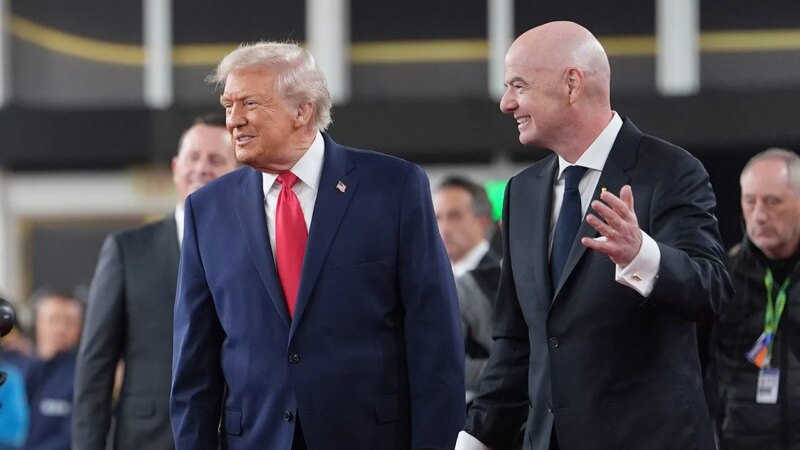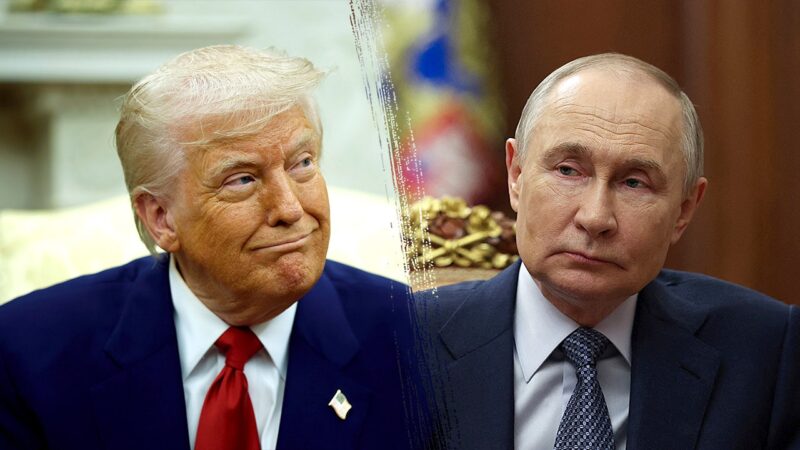Ilhan Omar tells Trump ‘I can read’ in Constitution debate spat
NEWYou can now listen to Fox News articles!
Rep. Ilhan Omar, D-Minn., struck back at President Donald Trump after he took a swipe at her understanding of the Constitution.
While the two have gone head-to-head for years dating back to Trump’s first term, they have reignited their longstanding quarrel in recent weeks as Trump has suggested she should return to Somalia, where she was born. Omar’s comment comes a day after the White House shared an image on X of Trump waving goodbye through a McDonald’s drive-thru window in 2024, replying to a video of Omar saying she wasn’t uneasy about being deported.
On Tuesday, Omar took a jab at Trump in response to a video where he questioned her Constitutional knowledge.
“Unlike you, I can read and that’s why I know what the constitution says,” Omar said in a post on X.
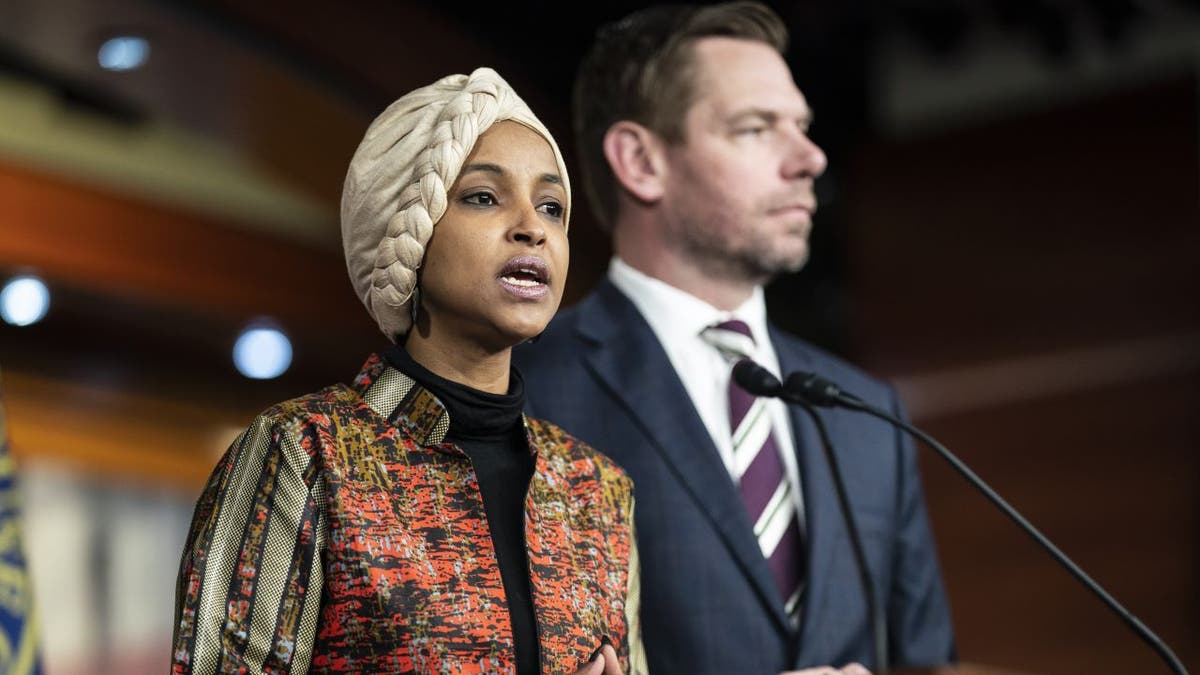
Rep. Ilhan Omar, D-Minn., struck back at President Donald Trump after he took a swipe at her understanding of the Constitution. (Jabin Botsford/The Washington Post via Getty Images)
Although Trump did not mention Omar by name, Trump took a shot at Omar as he criticized other Democrats like Rep. Jasmine Crockett of Texas in a Monday interview with Fox News.
“I look at somebody who comes from Somalia where they don’t have anything, they don’t have police, they don’t have military, they don’t have anything. All they have is crime,” Trump said in the clip. “And she comes in and tells us how to run our country. ‘The Constitution says this, the Constitution says that.’ The whole thing is crazy.”
‘SQUAD’ MEMBER, NANCY MACE CLASH ON SOCIAL MEDIA: ‘YOU BELONG IN REHAB’
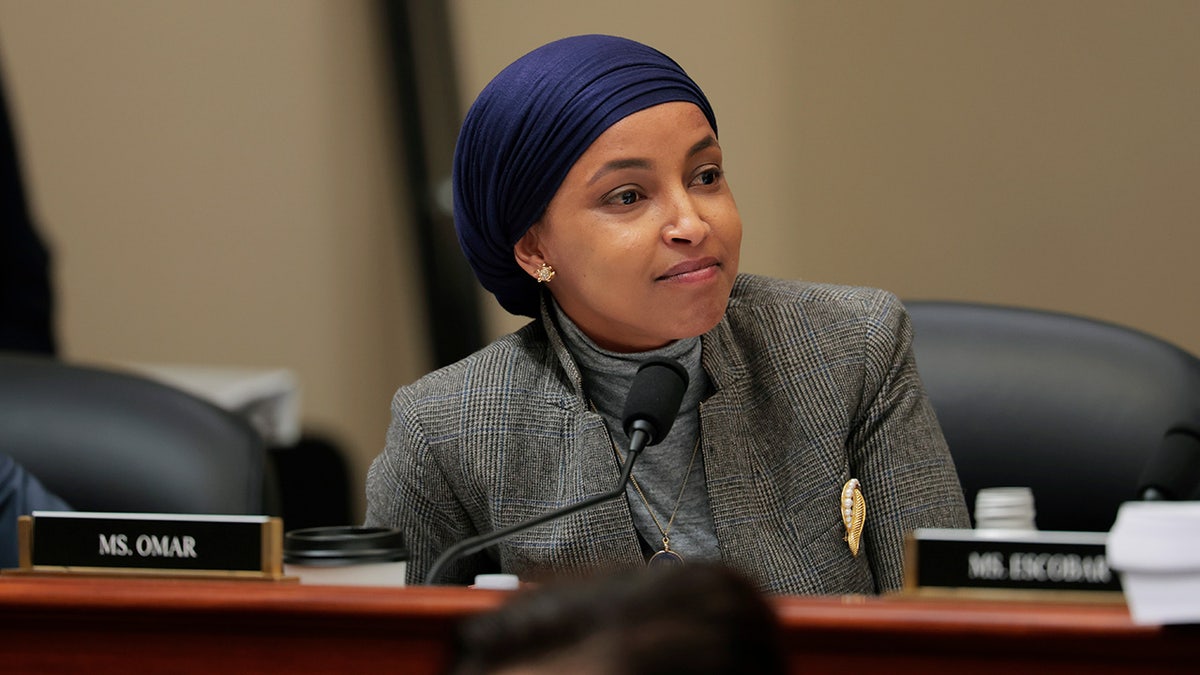
Rep. Ilhan Omar speaks during a mark up meeting with the House Budget Committee on Capitol Hill May 16, 2025, in Washington, D.C. (Anna Moneymaker/Getty Images)
“I have no worry, I don’t know how they’d take away my citizenship and like deport me,” Omar said in the clip the White House responded to, which originally was made on “The Dean Obeidallah Show” in October. “But I don’t even know like why that’s such a scary threat. Like I’m not the 8-year-old who escaped war anymore. I’m grown, my kids are grown. Like I could go live wherever I want.”
Trump repeatedly has indicated that Omar should return to Somalia, but told reporters in September that Somalia didn’t want her back.
“You know, I met the head of Somalia, did you know that?” Trump said. “And I suggested that maybe he’d like to take her back. He said, ‘I don’t want her.’”
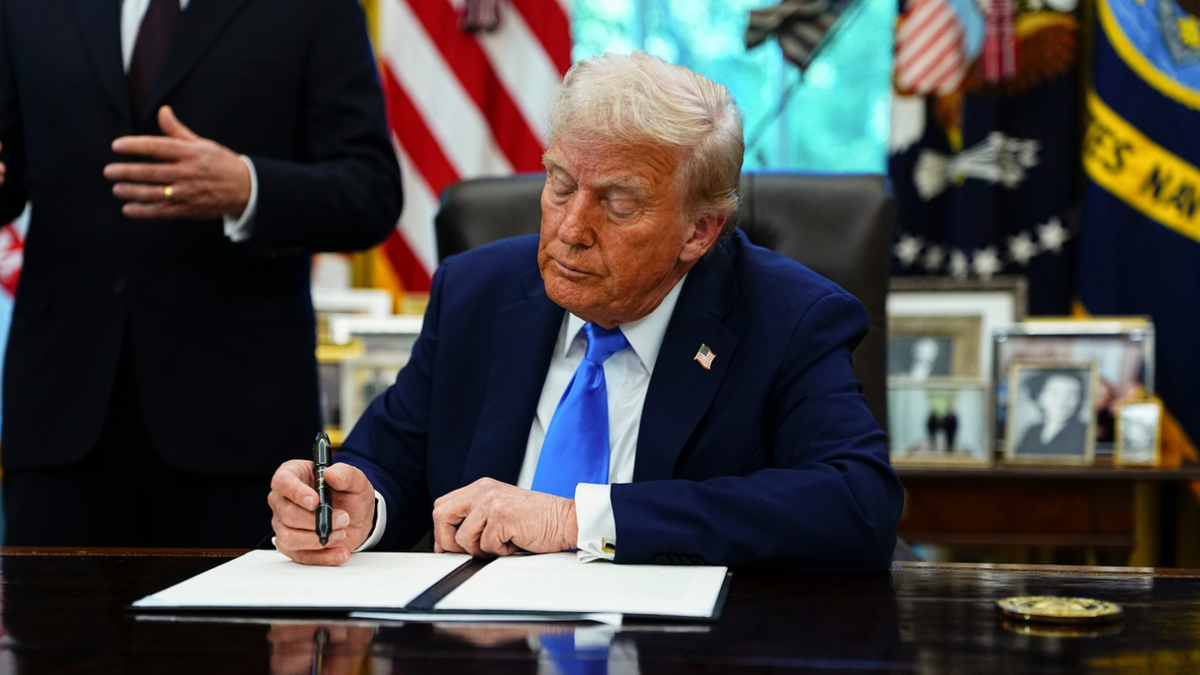
President Donald Trump repeatedly has indicated that Minnesota Democratic Rep. Ilhan Omar should return to Somalia, but told reporters in September that Somalia didn’t want her back. (Aaron Schwartz/CNP/Bloomberg/Getty Images)
ILHAN OMAR REFUSES TO CREDIT TRUMP FOR GAZA CEASEFIRE
However, Omar said that the story was not true.
“From denying Somalia had a president to making up a story, President Trump is a lying buffoon,” Omar said. “No one should take this embarrassing fool seriously.”
Omar’s office did not immediately respond to a request for comment from Fox News Digital.
When asked for comment about Omar’s statement, White House spokesperson Abigail Jackson told Fox News Digital: “President Trump is right.”
CLICK HERE TO DOWNLOAD THE FOX NEWS APP
Omar’s family fled Somalia for a refugee camp in Kenya during the Somalian Civil War in 1991. The U.S. granted her family asylum, and they lived in Arlington, Virginia, starting in 1995. The congresswoman obtained citizenship in the United States in the year 2000.
She was elected to Minnesota’s House of Representatives in 2016 and then in 2018 was elected to the U.S. House of Representatives. She is the first Somali–American woman and one of the first Muslim women to serve in Congress.
